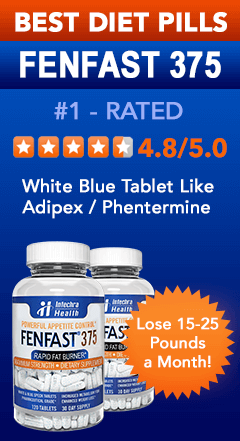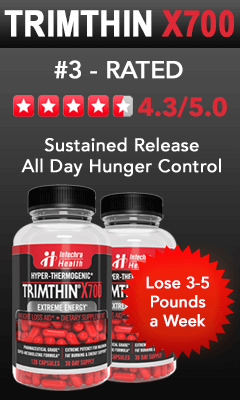Diet Pill Reviews
Hoodia Gordonii, the African plant extract that’s supposed to suppress your appetite and is flying off the shelves in drugstores and Internet websites, has been getting lots of attention lately. But doctors who treat obesity claim that there is only the slimmest of evidence that this diet supplement works. Even if it does, many of the pills on sale now may contain little or none of the active ingredient. Bottles of Hoodia with 60 to 90 pills usually sell for $20-40 each.
So far, there have been no data on human testing published in reputable medical journals on Hoodia. Even unpublished data are inconclusive or based on very short time periods. Since all nutritional supplements are very loosely regulated by the FDA, there are NO guarantees that the bottles actually contain what the label claims. Unilever says that i tested at least 10 representative samples of supplements sold in the U.S. by other companies and none contained appreciable amounts of Hoodia. Obesity experts have no yet discovered and side effects from Hoodia, but say it hasn’t been tested enough to be sure.
For each person that says hoodia gordonii works to control their appetite, another says it doesn’t. While some experts say hoodia seems safer than a lot of over-the-counter diet pills, there’s really no convincing evidence for or against hoodia gordonii. If you do want to try hoodia, experts say to be sure you’re getting the real thing — certified hoodia gordonii from South Africa. Many manufacturers mix hoodia with stimulants like bitter orange or green tea extract, and researchers take an even dimmer view of the safety of those ingredients. DEX-L10, like all diet supplements, hasn’t been approved by the FDA and hasn’t been subjected to clinical studies, but at least it contains authentic hoodia gordonii and no added stimulants.
Copyright notice : This original article is the property of trustedonlinedrugs.com. trustedonlinedrugs.com offers great saving on popular Diet pills online and other pharmaceutical drugs.


